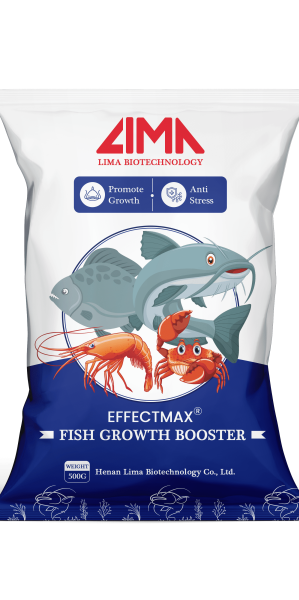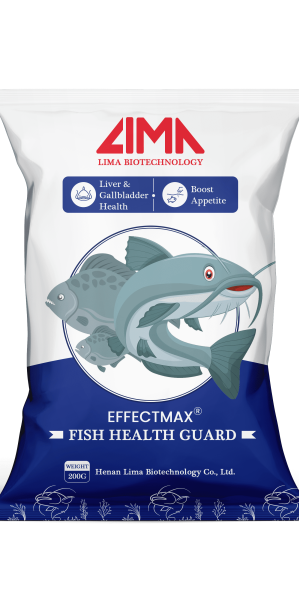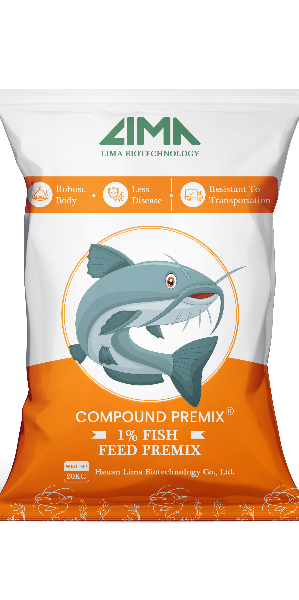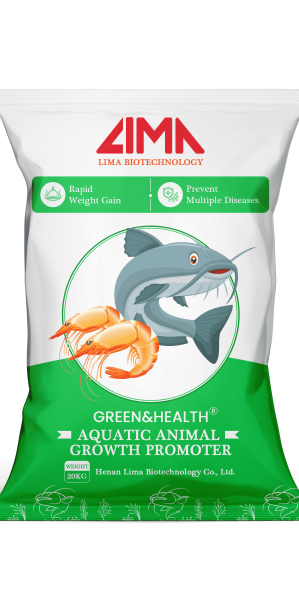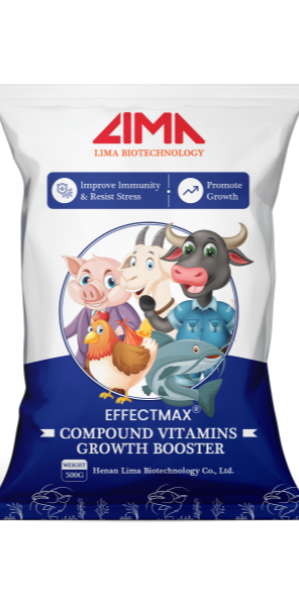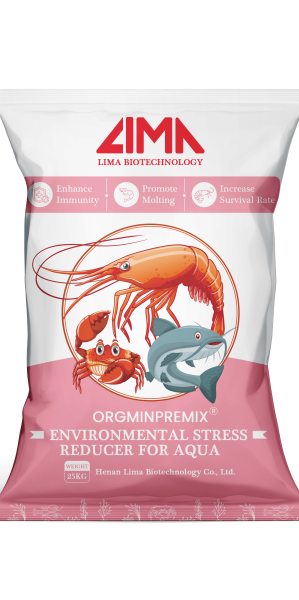In the dynamic realm of aquaculture, the quest to optimize fish growth while minimizing costs is a constant challenge for farmers. Fish feed additives have emerged as a powerful solution, offering the potential to enhance nutritional value, improve feed efficiency, and ultimately increase profitability.
The Basics of Fish Feed Additives
Fish feed additives are substances that are added to the base feed to enhance its nutritional profile, improve palatability, or provide other beneficial effects. These additives can include vitamins, minerals, amino acids, probiotics, enzymes, and antioxidants, among others. Each type of additive serves a unique purpose, and understanding their functions is crucial for selecting the right ones for your fish species and farming conditions.
The Importance of Nutritional Balance
One of the primary functions of fish feed supplements is to ensure that fish receive a balanced diet. Fish have specific nutritional requirements that must be met to support optimal growth, health, and reproduction. By adding the right combination of vitamins, minerals, and amino acids to the feed, you can help meet these requirements and prevent nutritional deficiencies. For example, vitamin C is essential for fish immune function and stress resistance, while calcium and phosphorus are important for bone development and growth.
Improving Feed Efficiency
Another key benefit of fish feed growth booster additives is their ability to improve feed efficiency. Feed efficiency refers to the amount of feed required to produce a unit of fish biomass. By adding additives that enhance nutrient digestion and absorption, you can reduce feed waste and improve the conversion of feed into fish growth. Probiotics and enzymes, for instance, can help break down complex nutrients in the feed, making them more accessible to the fish. This not only improves feed efficiency but also reduces the environmental impact of aquaculture by minimizing the amount of uneaten feed that enters the water.
Enhancing Fish Health and Immunity
Fish feed growth promoter additives can also play a crucial role in maintaining fish health and immunity. Probiotics, prebiotics, and immunostimulants can help boost the fish's immune system, making them more resistant to diseases and stress. Antioxidants, on the other hand, can protect the fish's cells from oxidative damage, which can lead to a variety of health problems. By incorporating these additives into your fish feed, you can help ensure that your fish remain healthy and productive.

Types of Fish Feed Additives
Vitamins and Minerals
Vitamins and minerals are essential nutrients that play a crucial role in fish growth, development, and health. They are involved in a wide range of physiological processes, including metabolism, immune function, and reproduction. Some of the key vitamins and minerals that are commonly added to fish feed include vitamin C, vitamin E, vitamin A, calcium, phosphorus, and magnesium. These additives can help prevent nutritional deficiencies, improve fish health, and enhance growth performance.
Amino Acids
Amino acids are the building blocks of proteins, which are essential for fish growth and development. Fish require a specific balance of amino acids in their diet to meet their nutritional needs. By adding essential amino acids to the feed, you can help ensure that fish receive a complete and balanced protein source. Some of the key amino acids that are commonly added to fish feed include lysine, methionine, and tryptophan. These additives can improve feed efficiency, enhance growth performance, and reduce the cost of feed.
Probiotics and Prebiotics
Probiotics are live microorganisms that, when administered in adequate amounts, confer health benefits on the host. In fish, probiotics can help improve gut health, enhance nutrient digestion and absorption, and boost the immune system. Prebiotics, on the other hand, are non-digestible carbohydrates that serve as a food source for beneficial gut bacteria. By adding probiotics and prebiotics to the fish feed, you can help create a healthy gut microbiota, which is essential for fish health and growth.
Enzymes
Enzymes are proteins that catalyze chemical reactions in the body. In fish, enzymes can help break down complex nutrients in the feed, making them more accessible to the fish. This can improve feed efficiency, enhance growth performance, and reduce the cost of feed. Some of the key enzymes that are commonly added to fish feed include amylase, protease, and lipase. These additives can help improve the digestion of carbohydrates, proteins, and fats, respectively.

Antioxidants
Antioxidants are substances that can prevent or slow down oxidative damage to cells. In fish, oxidative stress can occur due to a variety of factors, including environmental stressors, dietary deficiencies, and disease. By adding antioxidants to the fish feed, you can help protect the fish's cells from oxidative damage, which can improve fish health and growth performance. Some of the key antioxidants that are commonly added to fish feed include vitamin C, vitamin E, and selenium.
How to Choose the Right Fish Feed Additives
With so many different types of fish feed supplement available, it can be challenging to know which ones are right for your fish species and farming condiitons. Here are some key factors to consider when choosing fish feed additives:
Fish Species
Different fish species have different nutritional requirements, so it's important to choose additives that are specifically formulated for the fish you are farming conditions. For example, carnivorous fish require a higher protein diet than herbivorous fish, so you may need to add more amino acids and protein sources to their feed.
Life Stage
Fish also have different nutritional requirements at different life stages. For example, fry and fingerlings require a higher protein and energy diet than adult fish, so you may need to add more vitamins, minerals, and amino acids to their feed. It's important to choose additives that are appropriate for the life stage of your fish to ensure optimal growth and development.
Water Quality
Water quality can have a significant impact on fish health and growth. If your water quality is poor, you may need to add additives that can help improve water quality, such as probiotics and enzymes. These additives can help reduce the levels of ammonia, nitrite, and other harmful substances in the water, which can improve fish health and growth performance.
Feed Type
The type of feed you are using can also affect the choice of additives. For example, if you are using a pelleted feed, you may need to add additives that can improve the palatability and digestibility of the feed. On the other hand, if you are using a floating feed, you may need to add additives that can prevent the feed from sinking to the bottom of the tank or pond.
Cost
Cost is always a consideration when choosing fish feed growth booster additives. While it's important to choose high-quality additives that will provide the best results, you also need to make sure that they are affordable. Compare the prices of different additives from different suppliers to find the best deal.
How to Use Fish Feed Additives
Once you have chosen the right fish feed growth booster additives for your fish species and farming condition,it's important to use them correctly to ensure optimal results. Here are some tips on how to use fish feed additives:
Follow the Manufacturer's Instructions
Each type of fish feed additive has specific instructions for use, so it's important to follow the manufacturer's recommendations carefully. This will ensure that you are using the additives at the right dosage and frequency, which is essential for achieving the best results.
Mix the Additives Thoroughly
When adding additives to the fish feed, it's important to mix them thoroughly to ensure that they are evenly distributed throughout the feed. This will help ensure that each fish receives the same amount of additives, which is essential for achieving consistent results.
Store the Additives Properly
Fish feed additives should be stored in a cool, dry place away from direct sunlight and moisture. This will help prevent the additives from deteriorating and losing their effectiveness. Make sure to check the expiration date of the additives before using them.
Monitor the Fish's Response
After adding additives to the fish feed, it's important to monitor the fish's response to ensure that they are having the desired effect. Look for signs of improved growth, health, and feed efficiency.
Evaluating the Effectiveness of Fish Feed Additives
To determine whether the fish feed additives you are using are effective, it's important to evaluate their performance over time. Here are some key metrics to consider when evaluating the effectiveness of fish feed additives:
Growth Rate
One of the most important metrics for evaluating the effectiveness of fish feed additives is the growth rate of the fish. By measuring the weight and length of the fish at regular intervals, you can determine how much they have grown and whether the additives are having a positive impact on their growth performance.
Feed Conversion Ratio (FCR)
The feed conversion ratio (FCR) is another important metric for evaluating the effectiveness of fish feed growth booster. FCR measures the amount of feed required to produce a unit of fish biomass. A lower FCR indicates that the fish are converting the feed into growth more efficiently, which means that you are using less feed to produce the same amount of fish.
Survival Rate
The survival rate of the fish is also an important metric for evaluating the effectiveness of fish feed additives. By monitoring the number of fish that survive over time, you can determine whether the additives are helping to improve fish health and reduce mortality rates.
Water Quality
In addition to evaluating the growth rate, FCR, and survival rate of the fish, it's also important to monitor the water quality in the tank or pond. Poor water quality can have a significant impact on fish health and growth, so it's important to ensure that the water is clean and free of harmful substances. By measuring the levels of ammonia, nitrite, nitrate, and other parameters, you can determine whether the additives are having a positive impact on water quality.
Fish feed growth booster additives can be a valuable tool for aquaculture farmers looking to boost growth, cut costs, and improve the overall profitability of their operations. By understanding the different types of additives available, choosing the right ones for your fish species and fish farming,and using them correctly, you can help ensure that your fish receive a balanced diet, grow faster, and stay healthy. Remember to monitor the fish's response to the additives and evaluate their effectiveness over time to make sure that you are getting the best results. With the right approach, fish feed additives can be a powerful ally in your quest for success in the world of aquaculture.














